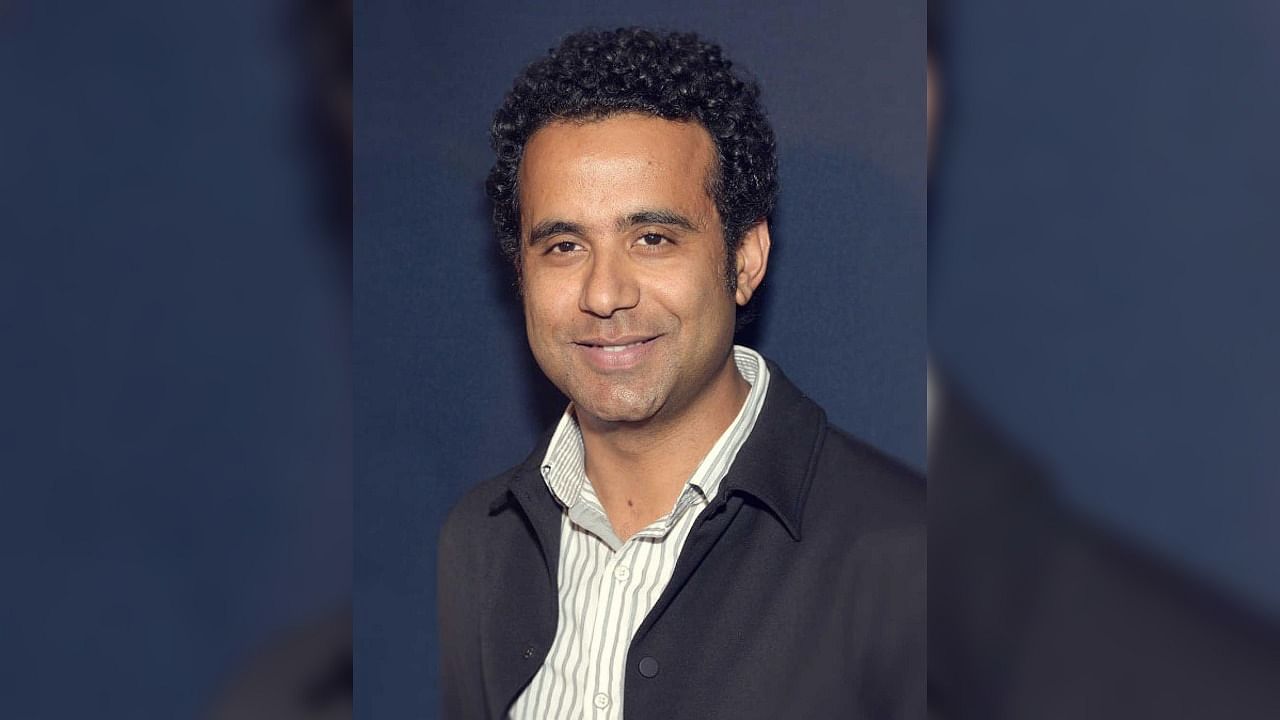
Director Danish Renzu is a man on a mission. Between his two feature films, Half Widow and The Illegal, and a number of short films, he has taken on the responsibility of telling the stories of people caught in unexpected circumstances and hopes that more people around the world can empathise with their plight.
Speaking to DH, Renzu talks about his experience making films, his closeness to Kashmir, and what he feels cinema should be. Excerpts:
What was the experience of filming The Illegal like?
It was quite an experience. We shot in Los Angeles for 21-22 days, and we also shot in Daryaganj in Delhi. My whole US crew came to India. We didn't have that many days to shoot because we're a very small, independent film. But I had a fantastic cast and crew to work with, so things went really smooth and it was one of the best experiences I had making a film.
What message does The Illegal present to you, given its subject matter?
It humanises the whole plight of immigrants in the US and the undocumented workers. Through my protagonist, Hassan, we show their plight and how and why they end up there. These people have travelled to the US with their dreams and aspirations, but some of them can't make it. There's not always a success story when it comes to the American Dream, so this film is for those who have become successful to look at those who are not unable to and empathise with their plight.
India has a large middle-class population with various aspirations and hopes. How does The Illegal expect to connect to them?
My character is from a middle-class family which has taken loans to pay for his education in the US. His mother and sister support him, but his father is not sure how they'll pay for his tuition, and we show the plight and struggles of this middle-class boy, how it's so difficult for him to get his degree and what choices he has to make.
So I think youths here in India, or in the world will connect to him.
You studied engineering. What made you take up filmmaking?
I was always fascinated with cinema and wanted to be a filmmaker since my childhood. I used to watch a lot of films and made short films with my family. But then, of course, in 11th and 12th, mathematics was an obvious choice, and so engineering was an obvious choice. My family sent me to the US because my degree was in engineering. They never thought I'd take filmmaking as a serious thing.
After my graduation, I made short films on the side while working and I took this course at UCLA called UCLA writer's programme and I thought "This is what I really want to do" and I wrote a couple of screenplays. Then the right time came in 2015 when I quit my job and I wanted to work on my first feature, Half Widow, and when I saw it on the big screen, I realised "this is something I always wanted to do". It's a difficult thing to get everything together, but the final product is worth it.
There is a lot of commentary about illegal immigration the world over, even beyond the political roundtables. Where do you stand on the matter?
I don't want to comment on all that but I will tell you that this particular film is very empathetic towards immigrants worldwide who have left their dreams to provide for their families. Before judging and labelling them, it is important to connect with them on a human level. My protagonist, Hassan, becomes the face of these undocumented workers.
What platform do you prefer as a filmmaking medium? Traditional cinema or OTT?
Both, to be honest. OTT is so fascinating because anyone can watch a film from their homes and it has given a platform to many films. I want to do for both platforms as both have their own pros.
Kashmir used to be a hub for cinema many years ago. Do you feel it can be revived?
It is reviving right now, ever since the pandemic happened. Kashmir has gone through many ups and downs, but J&K tourism is providing incentives to filmmakers to shoot there, and because of social media, there are many artistes and filmmakers emerging from Kashmir. Even I want to shoot all my films there. It's a beautiful place and it's important for people to express themselves.
What does the idea of cinema mean to you?
I think cinema is a medium where you can truly express what you feel through all the senses, to be honest. But it also comes with the responsibility to bring people together. It's about unity, it's about connecting on a level where we can watch a film and we can relate to a character, no matter who they are.